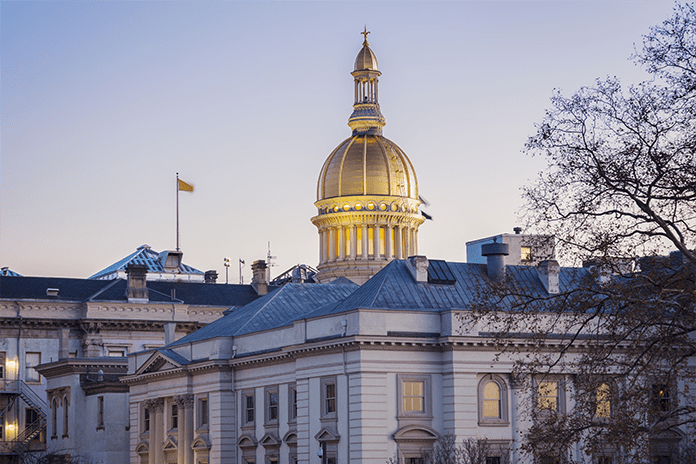4 Medicinal Marijuana Facts Impacting Elders In New Jersey

New Jersey has a Medicinal Marijuana Program (MMP) designed to regulate and oversee administering marijuana for medical purposes. The topic of marijuana use for medicinal purposes has been the subject of contentious debates all over the country. But now that it is here, there are aspects of the program in New Jersey that will specifically impact elderly who attempt to obtain marijuana to treat their conditions.
Who can prescribe?
Your elder loved one may have multiple doctors they see regularly, but it is possible that none of them are approved by the MMP to prescribe medicinal marijuana. You might wonder why that has an impact. They already have several specialists, what’s one more? Well, there are also rules about the doctor prescribing having an established relationship with the patient prior to the prescription. This rule makes complete sense when looking at it from the perspective of law enforcement. But when managing care for a terminally ill patient, or someone with major mobility issues, waiting a designated period of time or after a designated number of visits may be more trouble than it's worth.
What can it be prescribed for?
Only a short list of conditions is currently approved for medicinal marijuana use in New Jersey. Although it may be a running joke that the elderly use glaucoma as an excuse to smoke marijuana, that is one condition that has additional contingencies to qualify for a prescription. Covered ailments include: ALS (Lou Gehrig's Disease), multiple sclerosis, terminal cancer, muscular dystrophy, inflammatory bowel disease (including Crohn’s disease), and other terminal illnesses. The following conditions may be approved if conditions are met: intractable spasticity, seizure disorders, glaucoma, HIV/AIDS, and non-terminal cancer. Even if your loved one’s condition is on this list, a doctor would need to indicate that medicinal marijuana is a necessary treatment. The doctor may also need to have documented trying conventional treatments and showing they were unsuccessful or that the patient was intolerant of them or in severe chronic pain. Some of these conditions are common for elderly patients, while others are, by nature, diseases that are uncommon in elderly people for various reasons including life expectancy.
Fees
To fill a prescription through the MMP, patients and their caregivers, who plan to obtain marijuana for the patient, must register separately. The fee is currently $200 per person. A reduced fee of $20 is available for those who qualify by showing proof of their eligibility for NJ Medicaid, NJ Disability, Food Stamps, or Social Security Disability or Supplemental Security Income Benefits. This difference in fees is one-way the MMP rules do favor the elderly but requiring a caregiver to register separately could be a burden. Also, the registration must be renewed every 2 years.
Technology – Not Friendly to the Elderly
After following instructions on which doctor to see, what to obtain from them, how to register, how much to pay, and finding their proof of reduced fee eligibility, a patient must scan photographs and completed documents and upload them to the MMP system. There is no paper or regular mail option. There is no in-person drop off. You scan the documents, or you don’t register. What is MMP’s suggested solution for those without the ability to scan documents? Go to the library for assistance. For a young person, the task of registering might seem daunting. But for an elder, it seems almost impossible to complete alone. After all, this is a program that’s meant for the seriously ill! It is our hope that the program will become more widespread and, as it does, more social services will be available to help with the registration process.
Archer Law Office Can Help
For More Information Contact this office (609) 842-9200

